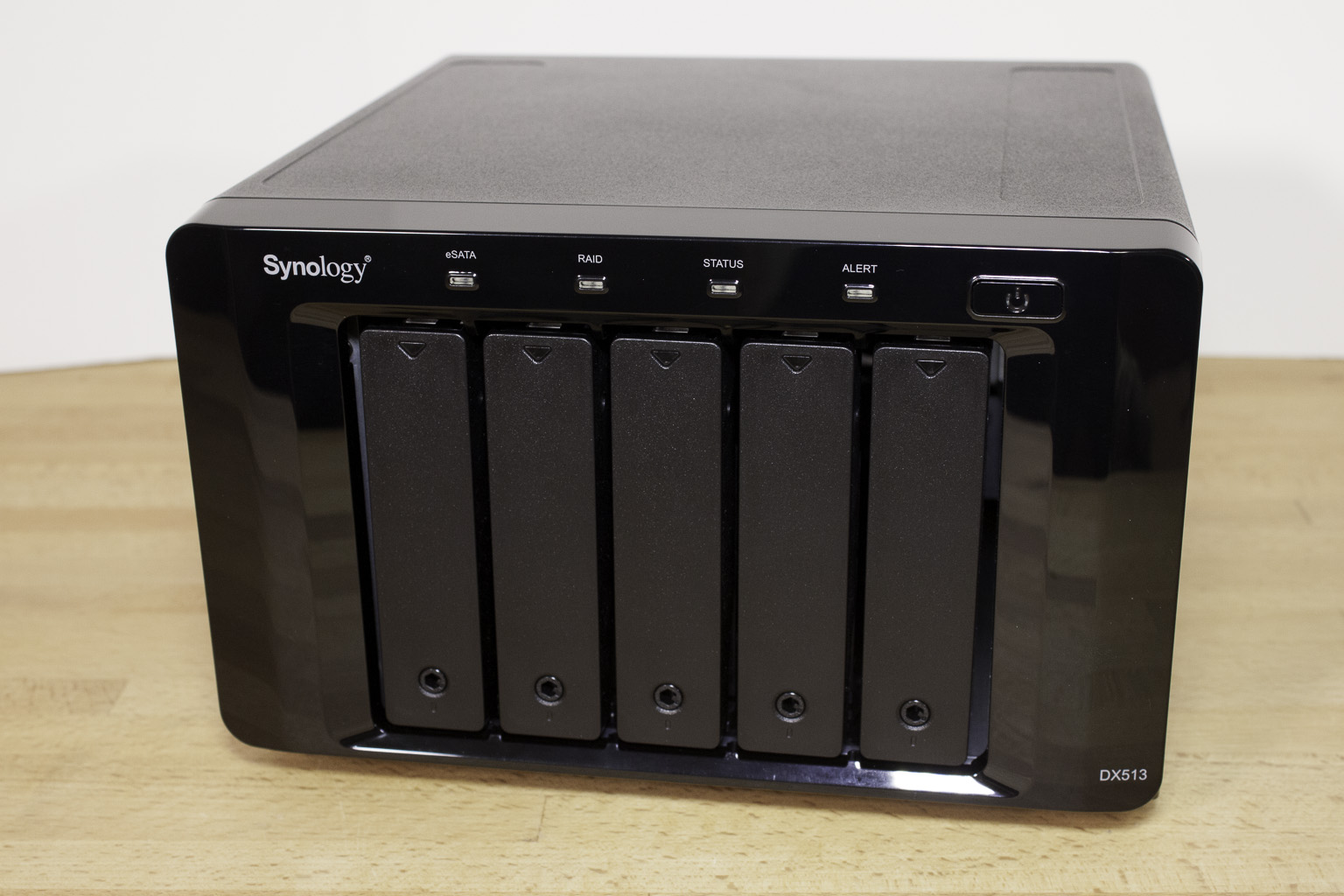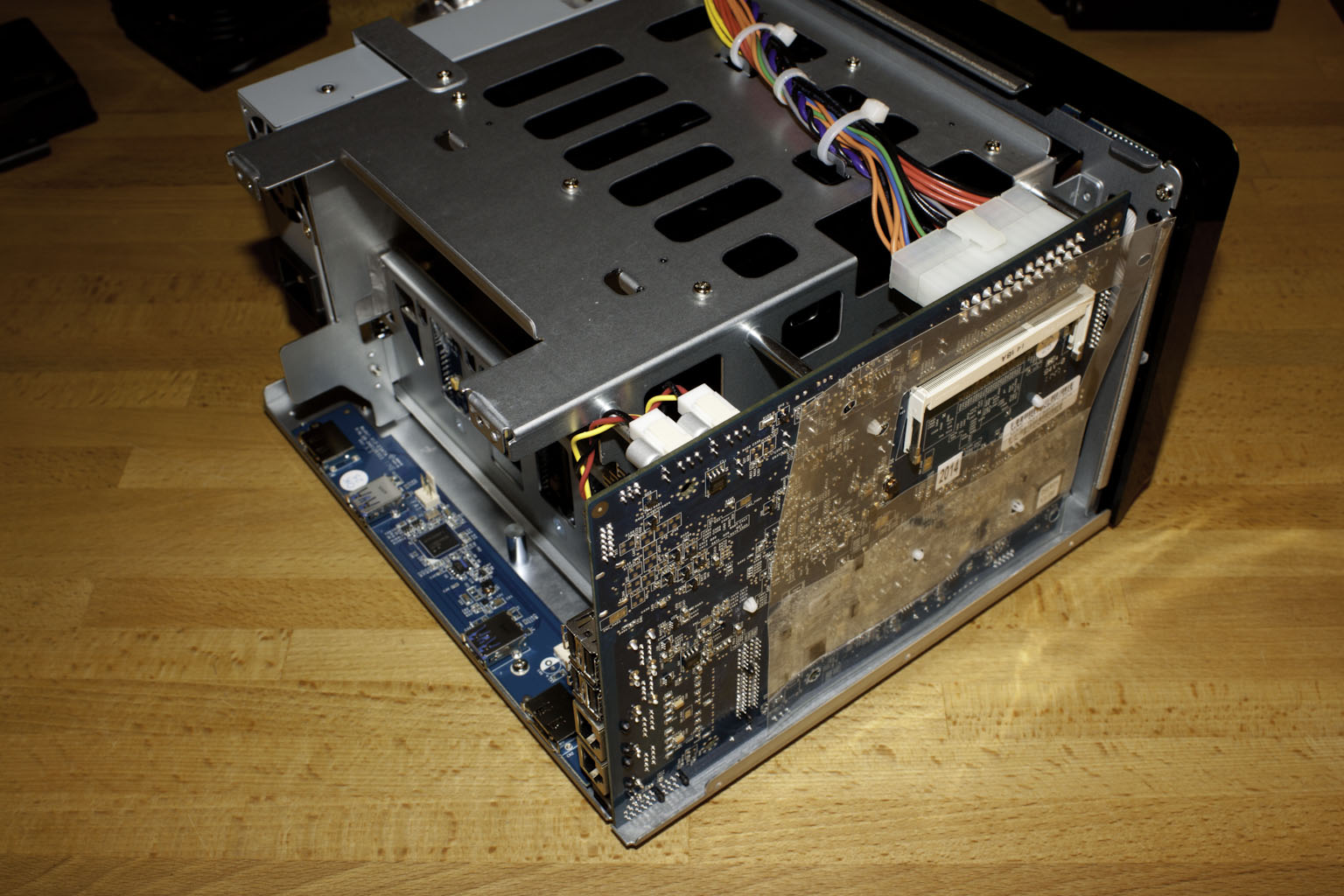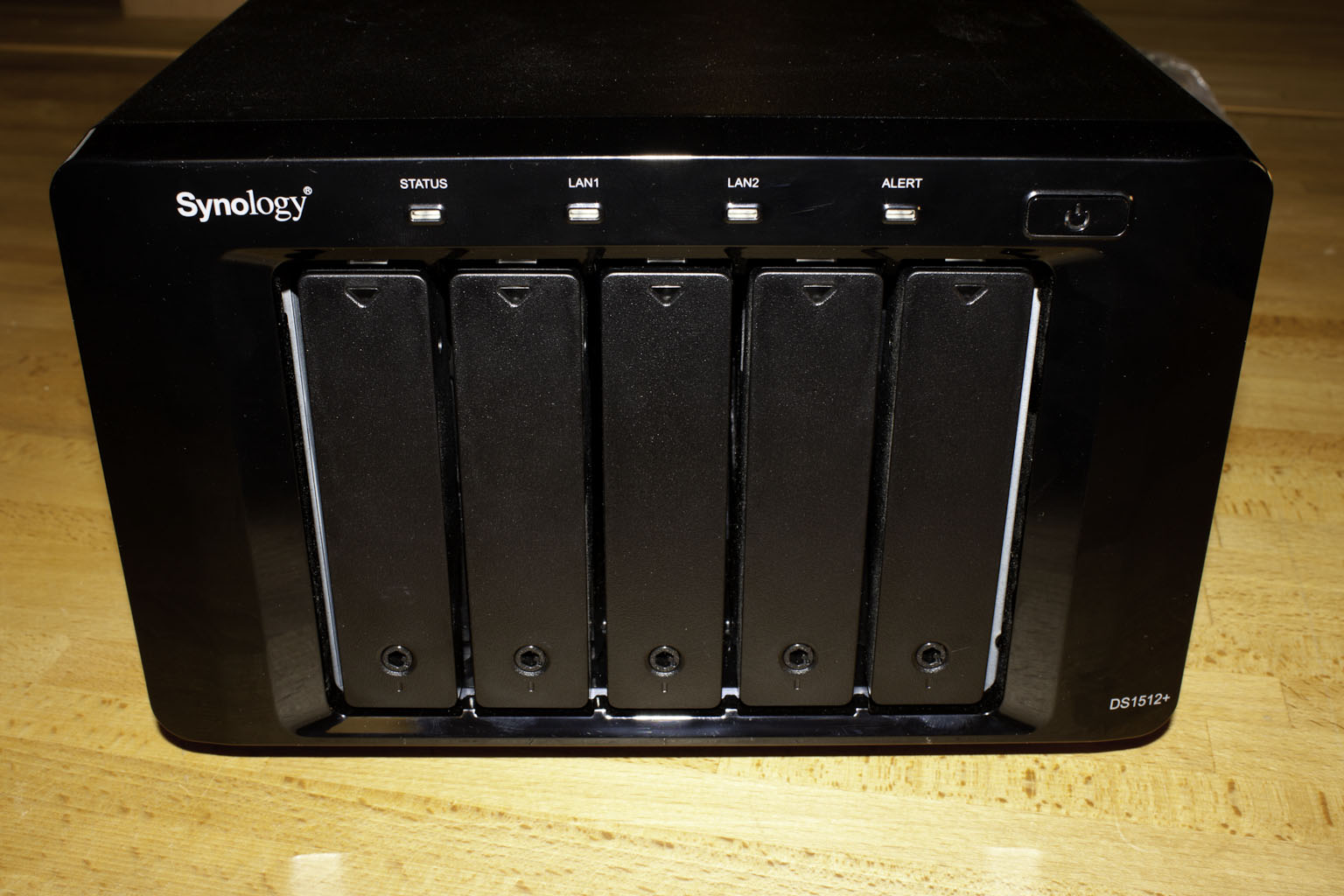From The Blog
-
ConnectWise Slash and Grab Flaw Once Again Shows the Value of Input Validation We talk to Huntress About its Impact
Written by Sean KalinichAlthough the news of the infamous ConnectWise flaw which allowed for the creation of admin accounts is a bit cold, it still is one that…Written on Tuesday, 19 March 2024 12:44 in Security Talk Read 560 times Read more...
-
Social Manipulation as a Service – When the Bots on Twitter get their Check marks
Written by Sean KalinichWhen I started DecryptedTech it was to counter all the crap marketing I saw from component makers. I wanted to prove people with a clean…Written on Monday, 04 March 2024 16:17 in Editorials Read 1471 times Read more...
-
To Release or not to Release a PoC or OST That is the Question
Written by Sean KalinichThere is (and always has been) a debate about the ethics and impact of the release of Proof-of-Concept Exploit for an identified vulnerability and Open-Source…Written on Monday, 26 February 2024 13:05 in Security Talk Read 1025 times Read more...
-
There was an Important Lesson Learned in the LockBit Takedown and it was Not About Threat Groups
Written by Sean KalinichIn what could be called a fantastic move, global law enforcement agencies attacked and took down LockBit’s infrastructure. The day of the event was filled…Written on Thursday, 22 February 2024 12:20 in Security Talk Read 870 times Read more...
-
NetSPI’s Offensive Security Offering Leverages Subject Matter Experts to Enhance Pen Testing
Written by Sean KalinichBlack Hat 2023 Las Vegas. The term offensive security has always been an interesting one for me. On the surface is brings to mind reaching…Written on Tuesday, 12 September 2023 17:05 in Security Talk Read 2054 times Read more...
-
Black Kite Looks to Offer a Better View of Risk in a Rapidly Changing Threat Landscape
Written by Sean KalinichBlack Hat 2023 – Las Vegas. Risk is an interesting subject and has many different meanings to many different people. For the most part Risk…Written on Tuesday, 12 September 2023 14:56 in Security Talk Read 1653 times Read more...
-
Microsoft Finally Reveals how they Believe a Consumer Signing Key was Stollen
Written by Sean KalinichIn May of 2023 a few sensitive accounts reported to Microsoft that their environments appeared to be compromised. Due to the nature of these accounts,…Written on Thursday, 07 September 2023 14:40 in Security Talk Read 2035 times Read more...
-
Mandiant Releases a Detailed Look at the Campaign Targeting Barracuda Email Security Gateways, I Take a Look at What this all Might Mean
Written by Sean KalinichThe recent attack that leveraged a 0-Day vulnerability to compromise a number of Barracuda Email Security Gateway appliances (physical and virtual, but not cloud) was…Written on Wednesday, 30 August 2023 16:09 in Security Talk Read 1940 times Read more...
-
Threat Groups Return to Targeting Developers in Recent Software Supply Chain Attacks
Written by Sean KalinichThere is a topic of conversation that really needs to be talked about in the open. It is the danger of developer systems (personal and…Written on Wednesday, 30 August 2023 13:29 in Security Talk Read 1799 times Read more...
Recent Comments
- Sean, this is a fantastic review of a beautiful game. I do agree with you… Written by Jacob 2023-05-19 14:17:50 Jedi Survivor – The Quick, Dirty, and Limited Spoilers Review
- Great post. Very interesting read but is the reality we are currently facing. Written by JP 2023-05-03 02:33:53 The Dangers of AI; I Think I Have Seen this Movie Before
- I was wondering if you have tested the microphone audio frequency for the Asus HS-1000W? Written by Maciej 2020-12-18 14:09:33 Asus HS-1000W wireless headset impresses us in the lab
- Thanks for review. I appreciate hearing from a real pro as opposed to the blogger… Written by Keith 2019-06-18 04:22:36 The Red Hydrogen One, Possibly One of the Most “misunderstood” Phones Out
- Have yet to see the real impact but in the consumer segment, ryzen series are… Written by sushant 2018-12-23 10:12:12 AMD’s 11-year journey to relevance gets an epic finish.
Most Read
- Microsoft Fail - Start Button Back in Windows 8.1 But No Start Menu Written on Thursday, 30 May 2013 15:33 in News Be the first to comment! Read 116450 times Read more...
- We take a look at the NETGEAR ProSafe WNDAP360 Dual-Band Wireless Access Point Written on Saturday, 07 April 2012 00:17 in Pro Storage and Networking Be the first to comment! Read 87333 times Read more...
- Synology DS1512+ Five-Bay NAS Performance Review Written on Tuesday, 12 June 2012 20:31 in Pro Storage and Networking Be the first to comment! Read 81878 times Read more...
- Gigabyte G1.Sniper M3 Design And Feature Review Written on Sunday, 19 August 2012 22:35 in Enthusiast Motherboards Be the first to comment! Read 80161 times Read more...
- The Asus P8Z77-M Pro Brings Exceptional Performance and Value to the Lab Written on Monday, 23 April 2012 13:02 in Consumer Motherboards Be the first to comment! Read 70821 times Read more...
Displaying items by tag: Disk Station
DecryptedTech’s Synology DS1513+ Personal Cloud Contest
As 2013 comes to a close we have a new contest to help you bring in 2014 with your own private cloud. Synology has given us a DS1513+ (diskless) to give to the person that can gather all of the information we will be asking for. The contest will involve a scavenger hunt on DecrytedTech, our YouTube channel and Synology’s product pages. You can also get additional chances to win by liking our Facebook page, Joining and posting in the contest thread on our Forum. With that, here are the questions and good luck!
Synology DX513 Five-Bay Expansion Module Review
 |
Storage is one of those things that you never seem to have enough of. Just when you think that 2Terabyte drive is going to last you it seems to get full like magic. I can vividly remember buying a 1.2GB drive and thinking that would last me for a very long time. As you might have guessed it did not and the progression only got faster. It was not long before file sizes were getting larger faster than storage makers could keep up, at least in the consumer world. In the professional world we still had large arrays of disks (RAID) to help maintain capacity and performance. Unfortunately, these arrays also had a limit due to the difficulty in expanding them once you reached their capacity. As storage systems evolved this was remedied by adding in more “trays” of disks. The down side here is that these types of systems are very expensive and out of the reach of many (if not most) small and medium sized businesses. In this space the NAS (Network Attached Storage) and not the SAN (Storage Area Network) are the most common products and have the same limitations of direct attached storage. So, what do you do when your NAS runs out of space? Synology has an answer for you in the DX513. Follow along with us as we show you just how easy and even cost effective this handy add on to the DS1512+ is.
Synology DS1512+ Five-Bay NAS Performance Review
 As the push for cloud based storage and services becomes greater we have been taking a look at the value of these from not only a monetary view, but also from a privacy and security view. To this end we have been tinkering around with a few Network Attached Storage Devices (NAS). One of our first is the Synology DiskStation DS1512+. We have already dissembled the DS1512+ in the first part of our coverage and now have pounded on it for a good length of time to see how it performs using a few synthetic tests as well as real-world usage. So let’s take a look at our results.
As the push for cloud based storage and services becomes greater we have been taking a look at the value of these from not only a monetary view, but also from a privacy and security view. To this end we have been tinkering around with a few Network Attached Storage Devices (NAS). One of our first is the Synology DiskStation DS1512+. We have already dissembled the DS1512+ in the first part of our coverage and now have pounded on it for a good length of time to see how it performs using a few synthetic tests as well as real-world usage. So let’s take a look at our results.
Synology's DS 1512+ NAS Stops By The Lab For Some Testing
 When I first got into the IT game the storage needs of even large companies could be maintained in less space than what typically fits on a CD-ROM. In fact all of the applications that we used in the shop fit onto 20 3.25-inch 720KB floppy disks! Now you would be hard pressed to store one or two Word documents on even one of those floppies. Fortunately as our storage requirements have grown so have the devices we keep all that data on. For most home users simply dropping in a 1 or 2 Terabyte hard drive will be enough, but for businesses, prosumers and enthusiasts might need a bit more. For this there are products that can be attached to a normal home or office network that offer extra storage (and many other functions) to meet these needs. Synology is a maker of NAS (Network Attached Storage) devices. The idea of the NAS is not new, nor is it a business only product. There have been multiple consumer level NAS devices. The one we have in from Synology is a little outside the normal home environment. This is the Disk Station 1512+ it is a 5-Bay, Dual-Lan, Network Storage device that has some great hardware and software features in store of anyone picking this product up. We will be taking a look at the hardware used inside, the build and some of the basic features in this part of our coverage. So let’s get started.
When I first got into the IT game the storage needs of even large companies could be maintained in less space than what typically fits on a CD-ROM. In fact all of the applications that we used in the shop fit onto 20 3.25-inch 720KB floppy disks! Now you would be hard pressed to store one or two Word documents on even one of those floppies. Fortunately as our storage requirements have grown so have the devices we keep all that data on. For most home users simply dropping in a 1 or 2 Terabyte hard drive will be enough, but for businesses, prosumers and enthusiasts might need a bit more. For this there are products that can be attached to a normal home or office network that offer extra storage (and many other functions) to meet these needs. Synology is a maker of NAS (Network Attached Storage) devices. The idea of the NAS is not new, nor is it a business only product. There have been multiple consumer level NAS devices. The one we have in from Synology is a little outside the normal home environment. This is the Disk Station 1512+ it is a 5-Bay, Dual-Lan, Network Storage device that has some great hardware and software features in store of anyone picking this product up. We will be taking a look at the hardware used inside, the build and some of the basic features in this part of our coverage. So let’s get started.
You can check out the performance half of this review here
